Cambridge, England
Inscribed on the lid of a two-manual harpsichord in Holy Trinity Church at Hildersham in Cambridgeshire is the Latin tag Musica Donum Dei — music is a gift of God. It was a sentiment I could hardly quarrel with as I listened in the little twelfth-century church to a variety of baroque sonatas for violin, recorder, cello and harpsichord. They were expertly performed by the Azur Ensemble, which is comprised of recent graduates of the Royal College of Music. A particular standout was the French harpsichordist Apolline Khou, who has performed widely in Europe and in a solo concert for King Charles III.
As this ensemble traversed sonatas by Handel, Telemann and Vivaldi, it occurred to me that a youth movement is taking place in classical music among performers — even as the audience itself consists mostly of graybeards. The concert in Hildersham was a long way off from the pioneering early music efforts of the likes of legendary British musicologist Thurston Dart, whose 1959 recording of Bach’s Brandenburg concerti possesses a distinctly lugubrious feeling. By contrast, today’s performers bring a zip and zest to the baroque era that more accurately reflects the widespread exuberance throughout Europe after the end of the Thirty Years’ War, waged from 1618 to 1648.
As it happened, I had been conducted to the rural church by my friend David J. Steven, the owner of the Cambridge-based company Data Conversion Systems, or dCS for short. Steven makes what are likely the best digital playback systems in the world, at prices that rival a new Ferrari or Lamborghini. Of course, if you’re in the market for the kind of high-end stereo equipment he manufactures, it most likely isn’t a question of choosing just one or the other. But like classical music itself, the problem of identifying a new generation of listeners who covet top-drawer audio equipment remains
an open question. So far, it’s the aging boomers who have kept both going.
If the United Kingdom remains a musical powerhouse, it also seems to be exerting an attraction for the Hollywood set. Once upon a time Great Britain was a haven for Russian oligarchs looking to park their fortunes in a safe location. Now Ellen DeGeneres is apparently selling the Montecito estate she purchased in 2019 and living in the Cotswolds, at least in part to flee the incoming Trump administration.
But it’s far from clear that Great Britain, or Europe, for that matter, can provide a sanctuary from Trump. When I met Gideon Rachman, the chief foreign affairs correspondent for the Financial Times for lunch at Sweetings, a London restaurant dating to the Victorian era, he speculated to me that it might require sending 007, in the form of Daniel Craig, to try to restore the special relationship with America, particularly after Prime Minister Keir Starmer sent almost a hundred advisors to assist the Harris presidential campaign. Then there is the upheaval on the continent. For all the UK’s gloom about Brexit — an Economist poll recently found that 65 percent of Britons view it as a mistake — it’s also the case that both France and Germany are in political and economic turmoil.
Already Elon Musk has declared that only the far-right Alternative für Deutschland, which flirts with sanitizing the Nazi past, can “save” Germany. The conservative Christian Democratic candidate Friedrich Merz has declared that he will refuse to form a coalition with it, whatever the outcome of February’s elections. But in the wake of the crowd-ramming automobile attack by a Saudi doctor on a Christmas market in the eastern city of Magdeburg, the AfD may score even better than the 19 percent it is currently posting in national polls. After the attack, Musk referred to German chancellor Olaf Scholz as an “incompetent fool.” In his New Year’s address, Scholz responded that Germany’s future will not be determined by “the owners of social media.”
The UK, too, has been roiled by Musk’s condemnations of “Keir Starmtrooper” and his praise for far-right agitator Tommy Robinson. Add in the controversy created by Starmer’s confiscatory inheritance-tax proposal, which has prompted farmers to drive their tractors to Westminster en masse, and you have the ingredients for further political upheaval. Musk himself supposedly is prepared to donate $100 million to Nigel Farage’s Reform Party, though his broadsides on behalf of Robinson are apparently discomfiting Farage and his allies.
For my money, Cambridge offers a pleasant respite from the tumult. In his memoirs, which he wrote following the publication of the Decline and Fall of the Roman Empire, Edward Gibbon (who was sent packing to Lausanne by his father after he converted to Catholicism while studying at Oxford’s Magdalen College) disparaged both university cities: “If I inquire into the manufactures of the monks of Magdalen, if I extend the inquiry to the other colleges of Oxford and Cambridge, a silent blush, or a scornful frown, will be the only reply.” Maybe so, but at a moment when vituperative strife is ubiquitous, the serenity that Oxford and Cambridge continue to embody is surely a cause for celebration.



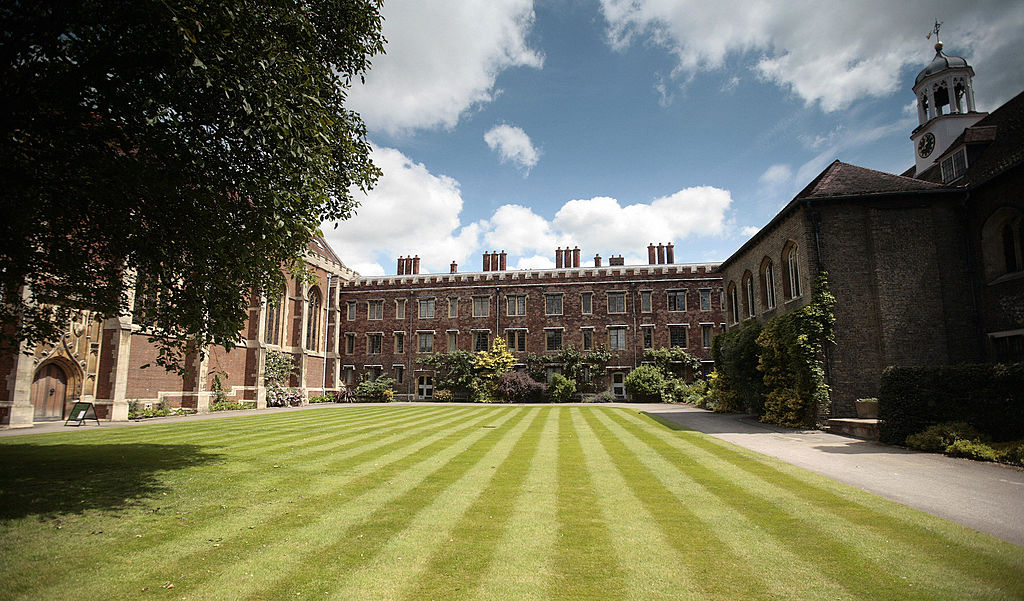







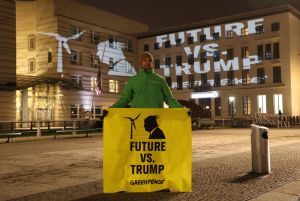
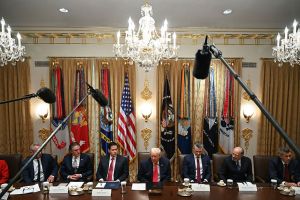


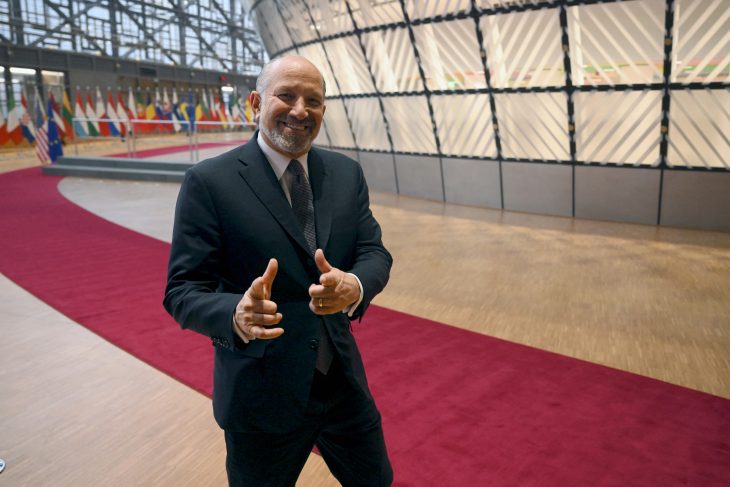
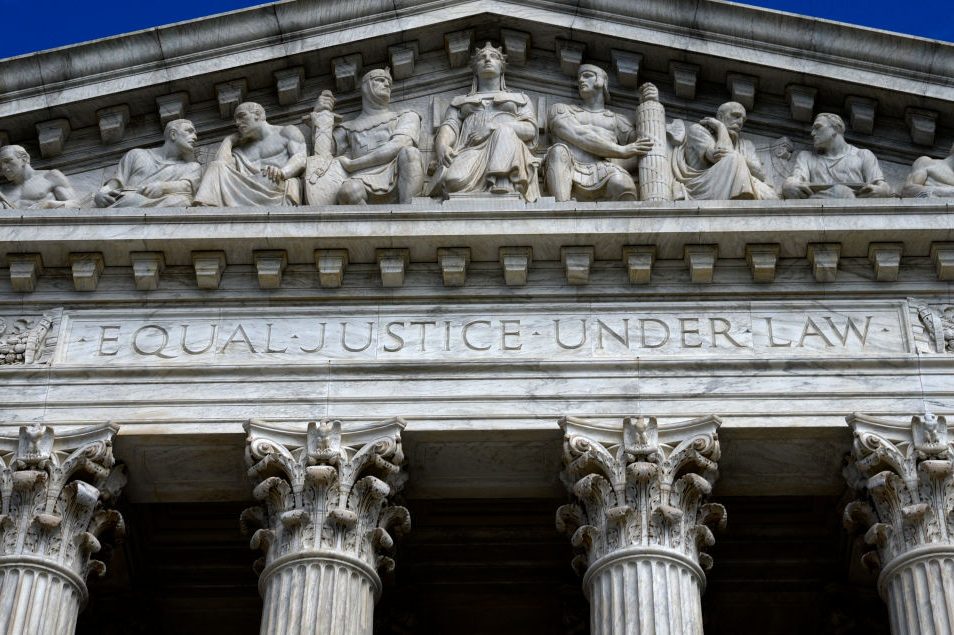
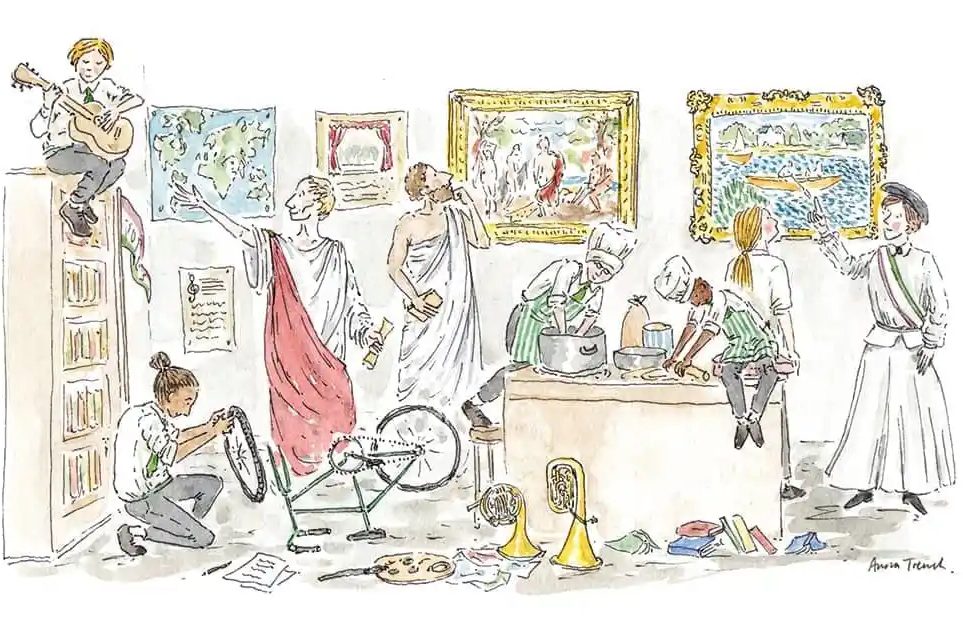
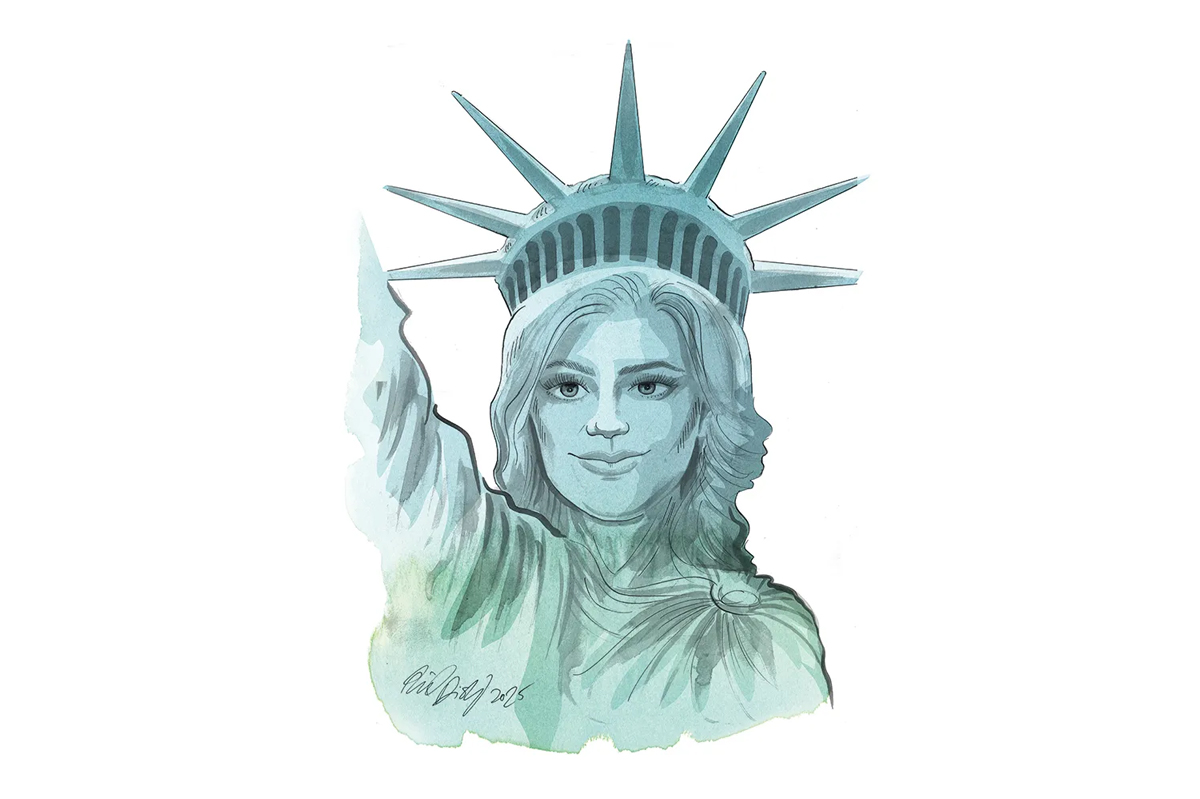







Leave a Reply